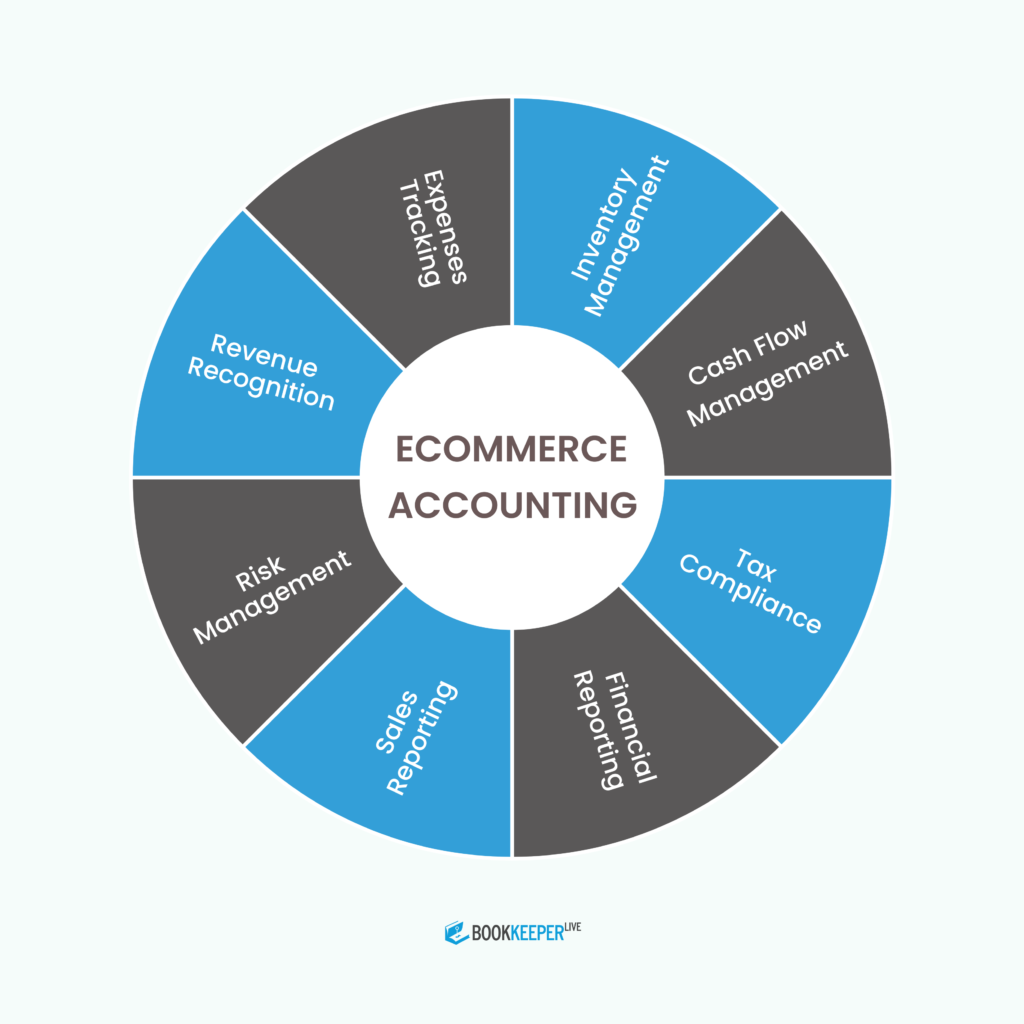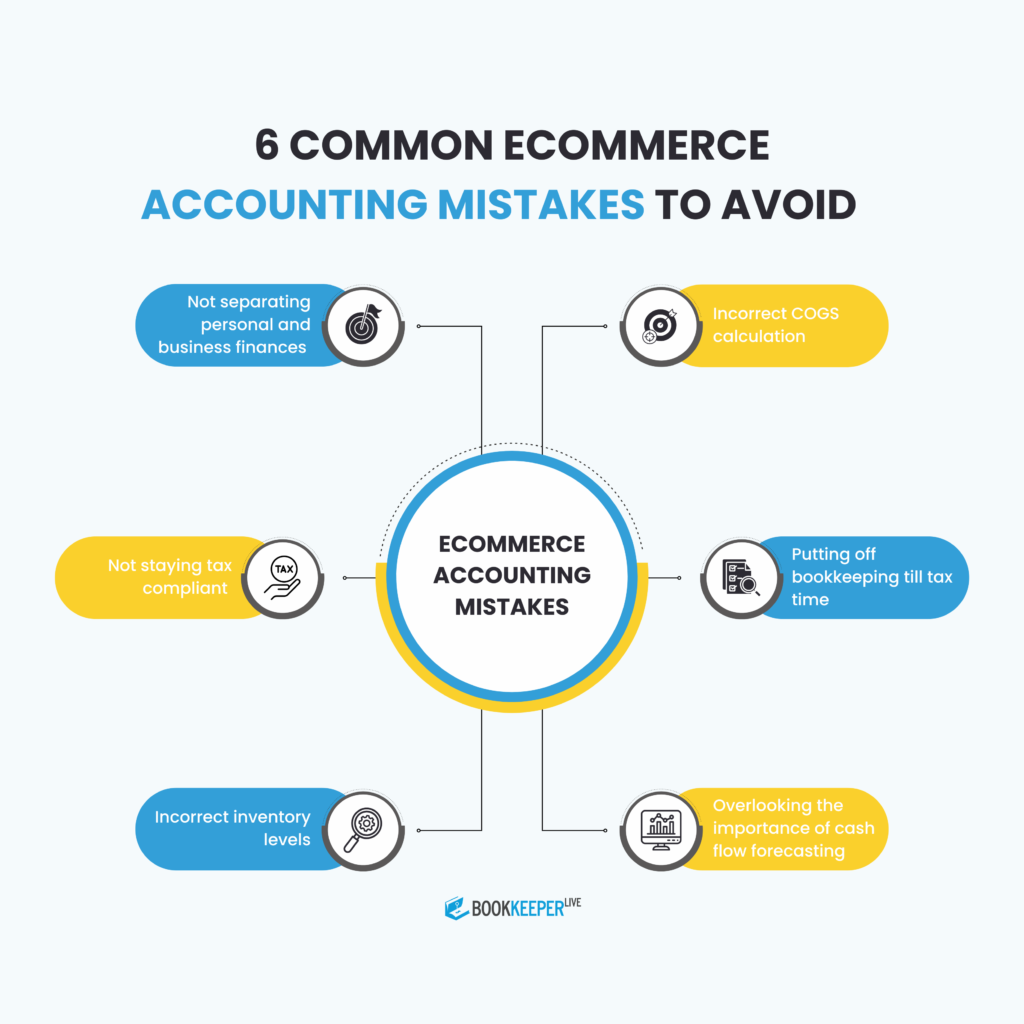
The rapid growth of ecommerce has increased competition, making it essential for businesses to operate efficiently, especially in accounting. In this blog, we’ll explore the basics of ecommerce accounting, its unique challenges, and how good accounting practices can drive growth and success.
Ecommerce accounting involves systematically recording, organizing, and managing the financial transactions of an online business. Ecommerce accountants ensure that all financial activities are tracked, categorized, and classified as either income or expenses. The following are some key aspects commonly documented:
Ecommerce businesses can choose between two primary accounting methods:
This straightforward approach records transactions based on actual cash movement. Revenue and expenses are noted only when money physically enters or leaves the business account.
Ideal for:
Cash basis accounting offers simplicity and provides a clear view of available cash at any given moment.
Unlike the cash basis, accrual accounting records transactions as they occur, regardless of when the cash is received or paid. This method provides a comprehensive view of the business’s financial health and is typically favored by medium to large-scale ecommerce businesses.
While more complex, accrual accounting delivers a more accurate representation of financial performance and supports strategic decision-making.

Ecommerce businesses require strong accounting practices to ensure financial clarity, track expenses, and manage cash flow effectively. Proper accounting helps businesses make informed decisions, optimize operations, and sustain long-term growth.
By investing in robust accounting and bookkeeping practices, ecommerce businesses can achieve greater financial clarity, optimize operations, and drive sustainable growth.

Effective ecommerce accounting relies heavily on the right technology to streamline processes and enhance accuracy. Below is a curated list of the best accounting software for ecommerce businesses, each offering unique features tailored to meet the demands of online retailers.
QuickBooks online is a leading choice for ecommerce accounting, known for its robust automation capabilities. By reducing manual effort, it improves efficiency and ensures accuracy. Key features include:
QuickBooks Online’s integration capabilities make it an excellent option for small to mid-sized ecommerce businesses aiming for scalability.
Xero is another widely preferred accounting solution for ecommerce businesses. Known for its user-friendly interface, Xero simplifies bookkeeping and automates key accounting tasks. Its standout features include:
Xero’s easy-to-navigate dashboard and strong integrations with ecommerce platforms make it a top contender for businesses of all sizes.
Zoho books stands out for its advanced inventory management tools, making it ideal for ecommerce businesses with complex supply chains. It provides a wide range of features designed to keep your financials in check. Key features include:
Zoho Books is particularly well-suited for ecommerce businesses with a strong focus on inventory control and operational efficiency.
E-commerce accounting is key to building a successful and growing online business. As December approaches, it’s the perfect time to outsource your e-commerce accounting services. By doing so, you can streamline operations, ensure accurate financial management, and focus on growth. Outsourcing helps you optimize cash flow, stay compliant, and make smarter decisions for the future. Prioritizing your financial health is crucial for success in the competitive e-commerce world.
BookkeeperLive provides affordable bookkeeping and accounting services tailored to your business goals.





No calls, No meetings, No spam. Get started with a free trial by filling out the form.
*NDA included for your data protection.
Copyright © 2025 BookkeeperLive. All rights reserved. Privacy Policy Terms of Use
Please visit our India site to see services designed for your country
Enter the code, fill out the form, and unlock financial clarity with a free trial.